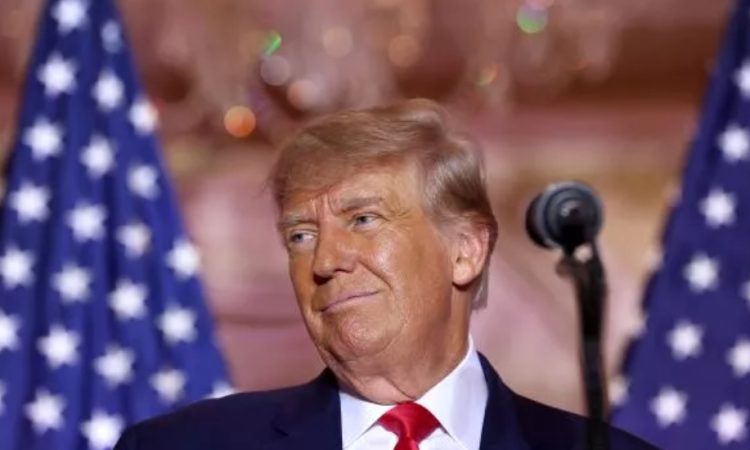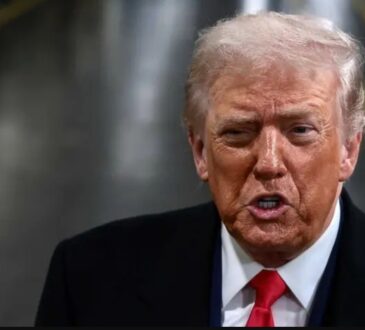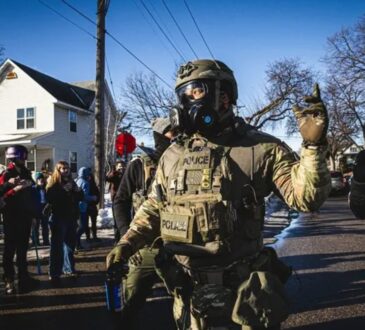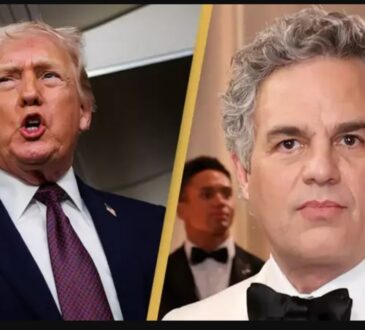
Former President Donald Trump has continued to say that he never incited violence on January 6, 2021, and that defense might carry him through if criminal charges are filed against him
The January 6 House Select Committee this week issued four criminal referrals against Trump at the culmination of its investigation into his actions regarding the January 6, 2021, Capitol riot
The referrals were for obstruction of an official proceeding, conspiracy to defraud the U.S., conspiracy to make a false statement and to “incite,” “assist,” or “aid or comfort” an insurrection. Trump’s legal team could use the First Amendment’s free speech protection as a defense if charges are brought.
Free speech has been protected by the U.S. Supreme Court for decades, and there are limitations on when it can be criminalized. From the 1969 case Brandenburg v. Ohio, the Supreme Court follows a two-fold rule when dealing with speech. The case determined that in order to be considered criminal, speech must be intended to incite or produce imminent lawless action, and the speech also must be likely to do so.
On January 6, after Trump delivered a Save America rally speech, rioters descended on the U.S. Capitol. Trump told his followers to “fight” and referenced the stolen election. Trump continues to argue that what he said that day was protected by the First Amendment.
Legal experts have said the defense is not solid. The Atlantic published an article on Tuesday that said to overcome the First Amendment defense, prosecution must look at the overall actions Trump took that day rather than his words at the rally.
The article said Trump’s defense could continue to argue protection by the First Amendment. Although he called for his supporters to “fight” many times in his speech, it could be argued that the word was purely metaphorical as Trump didn’t specifically demand his supporters partake in violence. Trump urged his supporters to avoid violence and to march “peacefully and patriotically,” making it a difficult argument that he explicitly requested lawless action.




